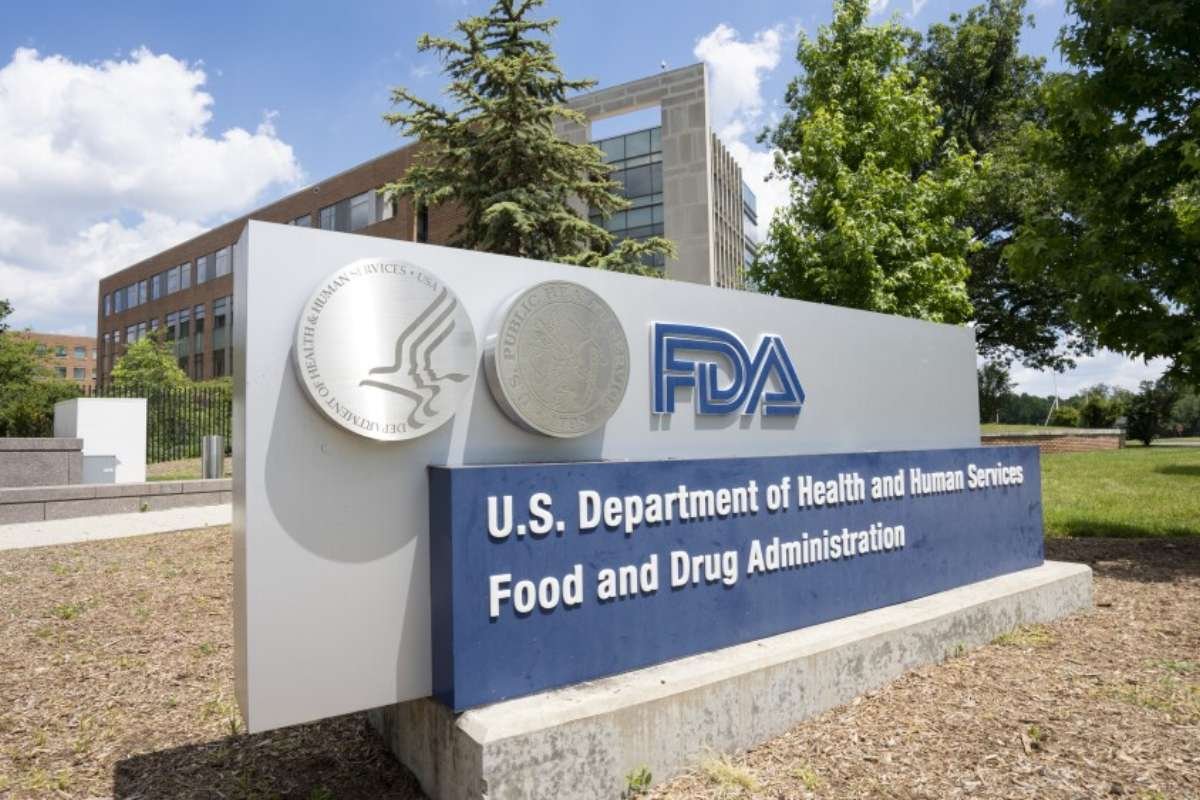Key Points:
- FDA biosimilar guidance eases rules to speed approvals and reduce costs.
- Aim: Lower drug prices and expand patient access.
- Impact: More competition may drive affordability and innovation.
Federal health regulators announced new steps Wednesday to make it easier for drugmakers to develop affordable alternatives to costly biologic medicines used to treat cancer, autoimmune disorders, and other serious diseases.
The FDA biosimilar guidance released by the Food and Drug Administration (FDA) released draft guidance that aims to simplify studies for biosimilar drugs—biologic products designed to closely match existing treatments—and reduce what it called “unnecessary, resource-intensive requirements.” The proposal is part of an ongoing federal effort to lower drug costs and expand patient access to essential therapies.
“These changes will lead to more competition, lower prices, and faster access to lifesaving medicines,” Health Secretary Robert F. Kennedy Jr. said.
Simplifying biosimilar development
Biologic drugs are made using living cells, unlike traditional medicines that are produced through chemical synthesis. They have transformed treatment for immune disorders, eye conditions, and several forms of cancer since the late 1990s. However, their complex production and lengthy approval processes have contributed to high prices that put them out of reach for many patients.
For years, biotech companies argued that their products were too intricate to replicate safely. That stance shifted with the passage of the Affordable Care Act in 2010, which directed the FDA to establish an approval pathway for “biosimilar” drugs. The final framework, published in 2015, required drugmakers to show that patients respond similarly to biosimilars compared to the original biologics.
The new FDA biosimilar guidance would make those studies less demanding by eliminating or reducing certain clinical trials. Agency officials said the changes would help bring biosimilars to market more efficiently without compromising safety or effectiveness.
Next steps and expected impact
The FDA biosimilar guidance marks the beginning of a months-long review process. The FDA will accept public comments for 60 days before revising the document. The final version, expected within three to six months, will not carry the force of law but will guide companies developing biosimilars.
While the move is designed to foster competition and lower costs, experts caution that price reductions may take time. Savings depend on how quickly biosimilars gain insurance coverage and whether pharmacy benefit managers include them in their formularies.
Early signs suggest potential for long-term benefits. The entry of biosimilar versions of Humira, a leading autoimmune disease treatment, has already begun to pressure original manufacturers to reduce prices or offer larger rebates. Analysts say similar patterns could follow across other therapeutic categories.
Industry observers note that wider biosimilar use could reshape the drug pricing landscape, encouraging both innovation and affordability. If successful, the FDA’s updated approach could make advanced therapies more accessible to millions of patients while maintaining rigorous safety standards.
Background on biologics
Biologic drugs represent one of the fastest-growing segments of the pharmaceutical market, accounting for several of the world’s top-selling treatments. Because these drugs are derived from living materials, exact duplication is scientifically impossible, leading to the “biosimilar” designation instead of “generic.”
Since the FDA approved the first biosimilar in 2015, the market has expanded gradually, with more than 40 biosimilars now available in the United States. Despite that progress, biologic drugs remain among the most expensive treatments in healthcare.
Federal officials say that simplifying development rules through the FDA biosimilar guidance is an essential step toward addressing those costs and ensuring that future medical breakthroughs remain within reach for patients who need them most.







